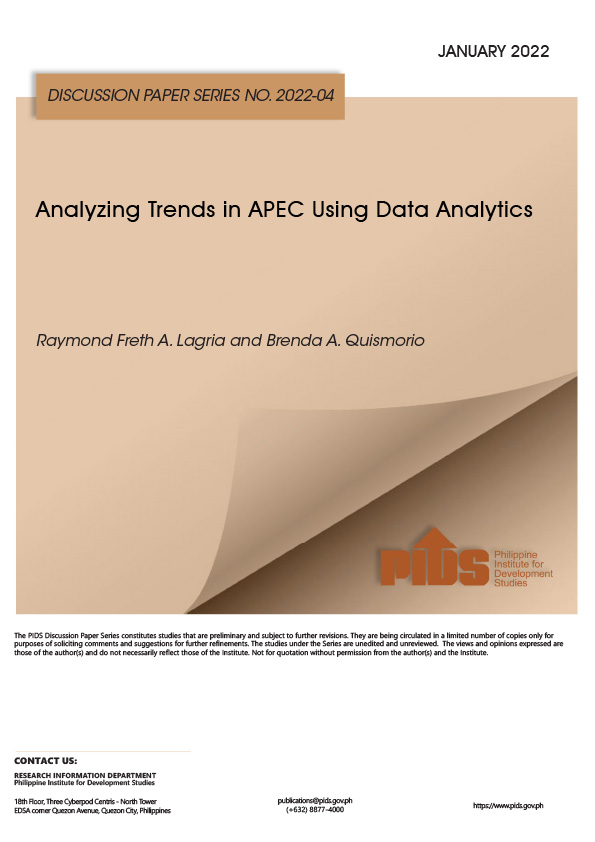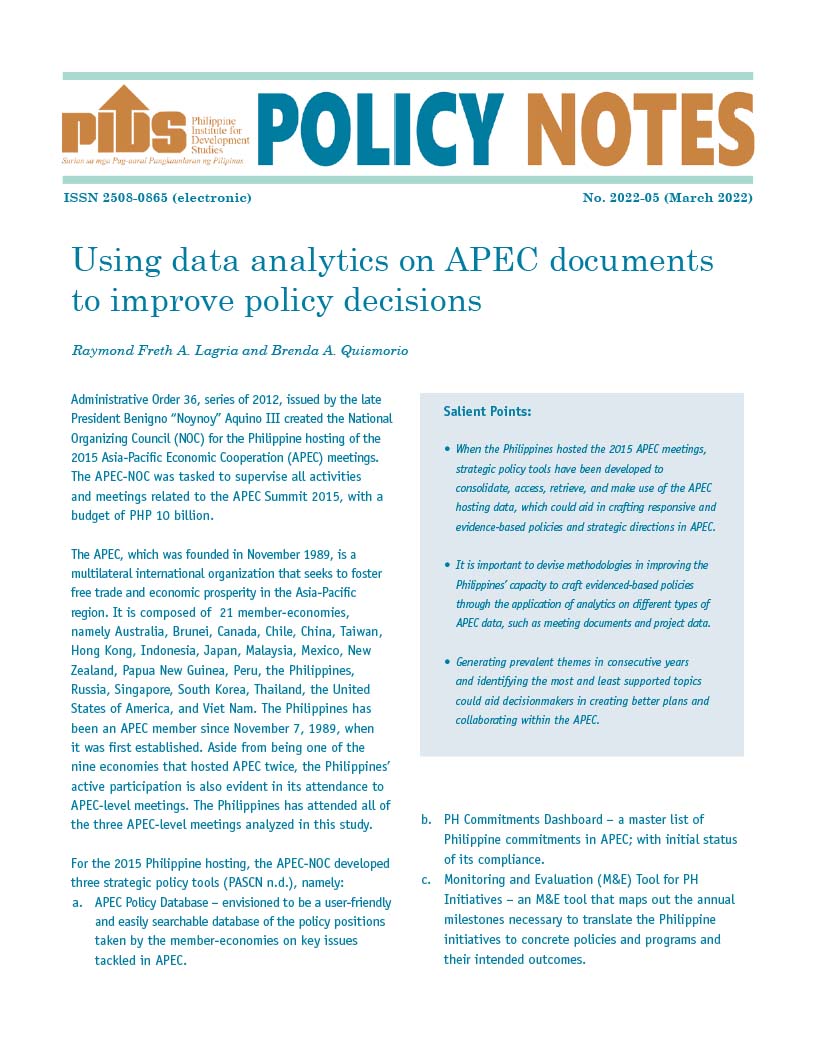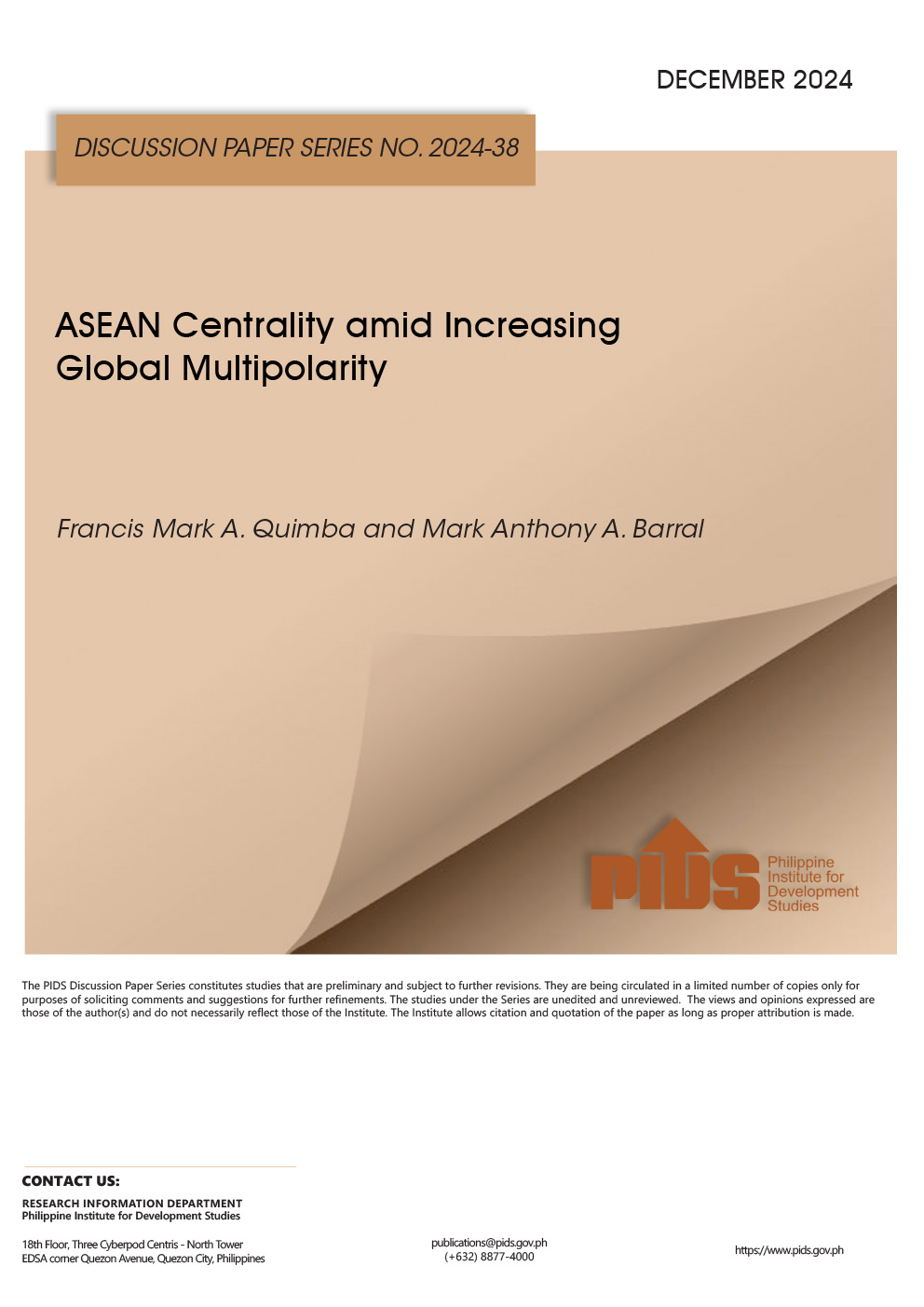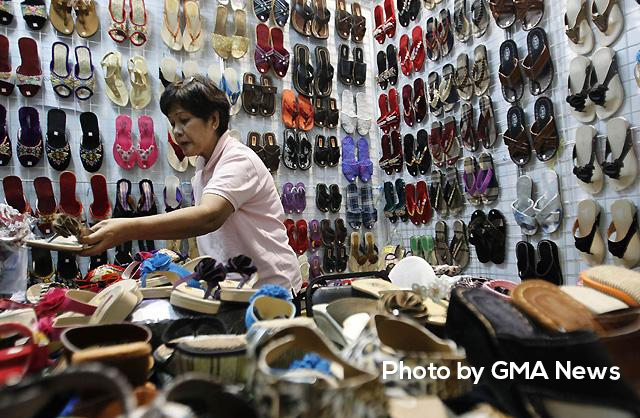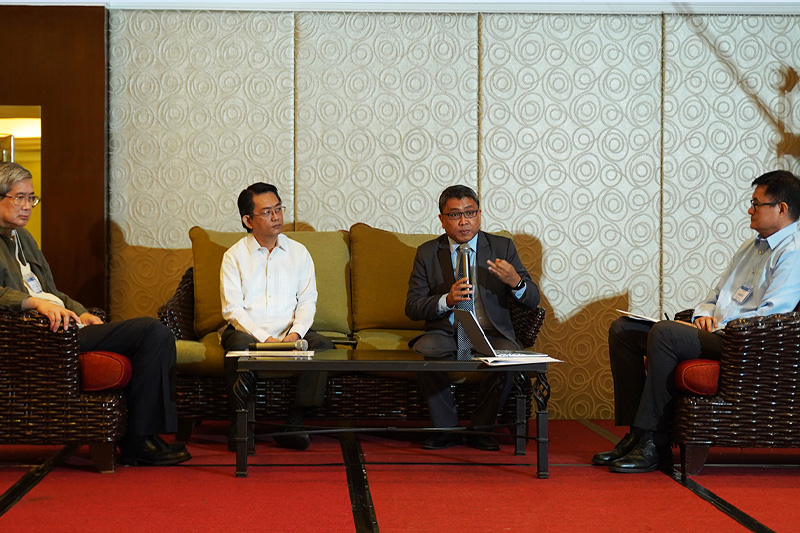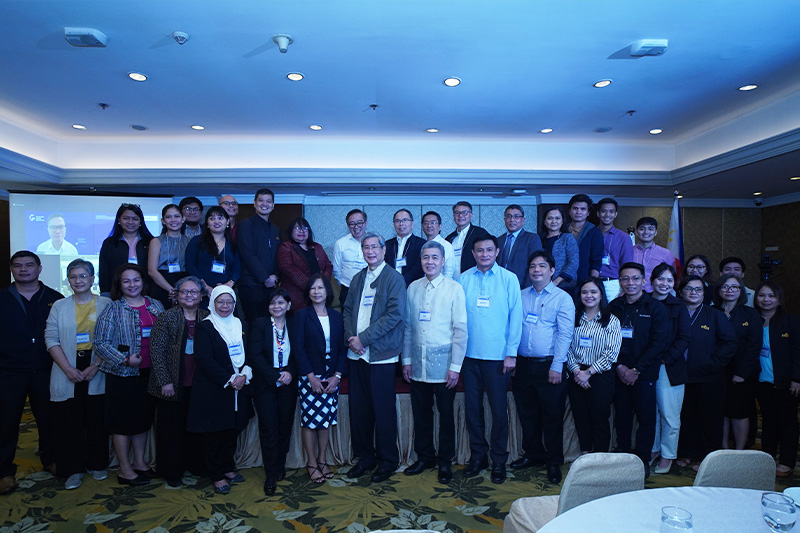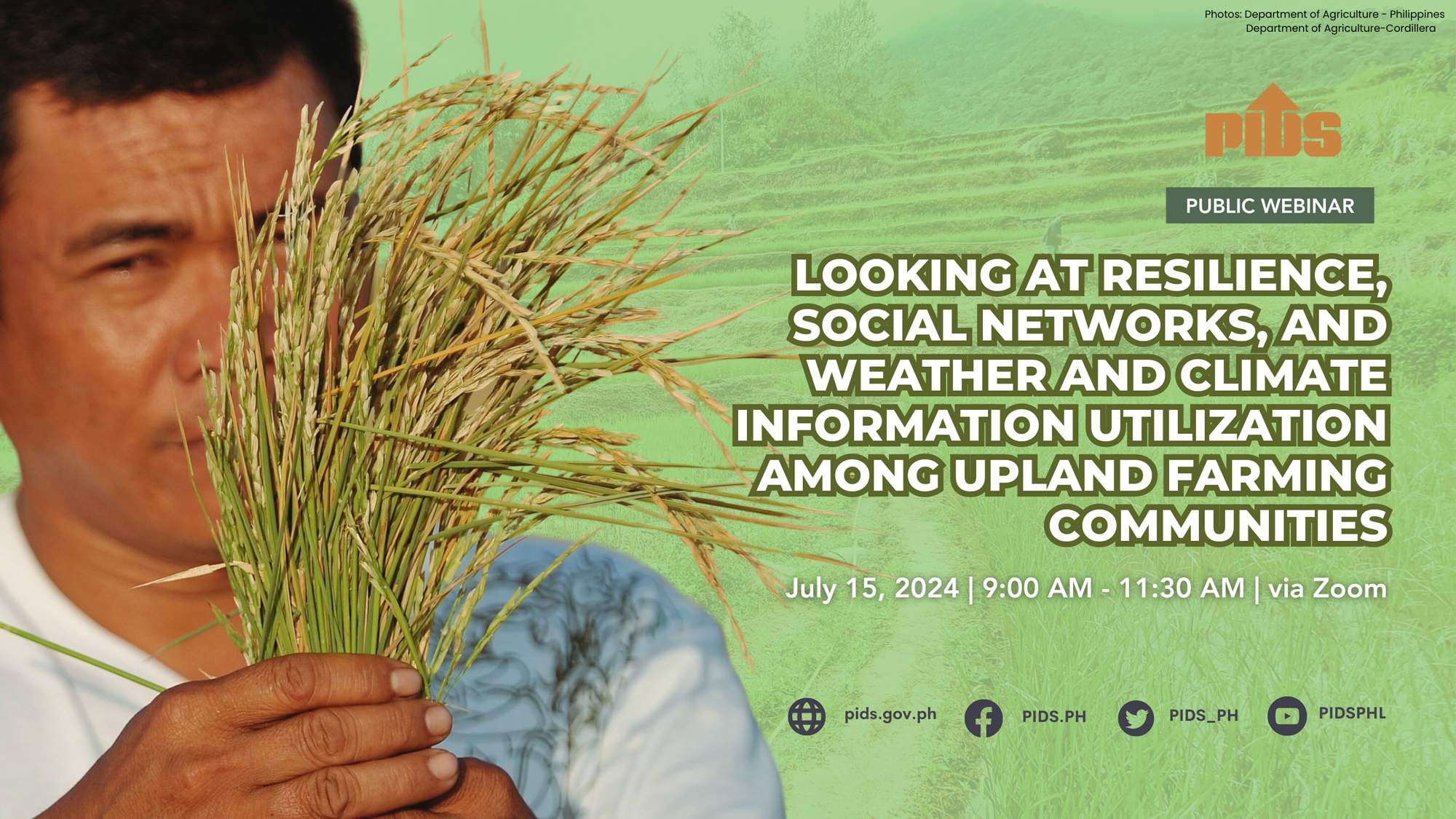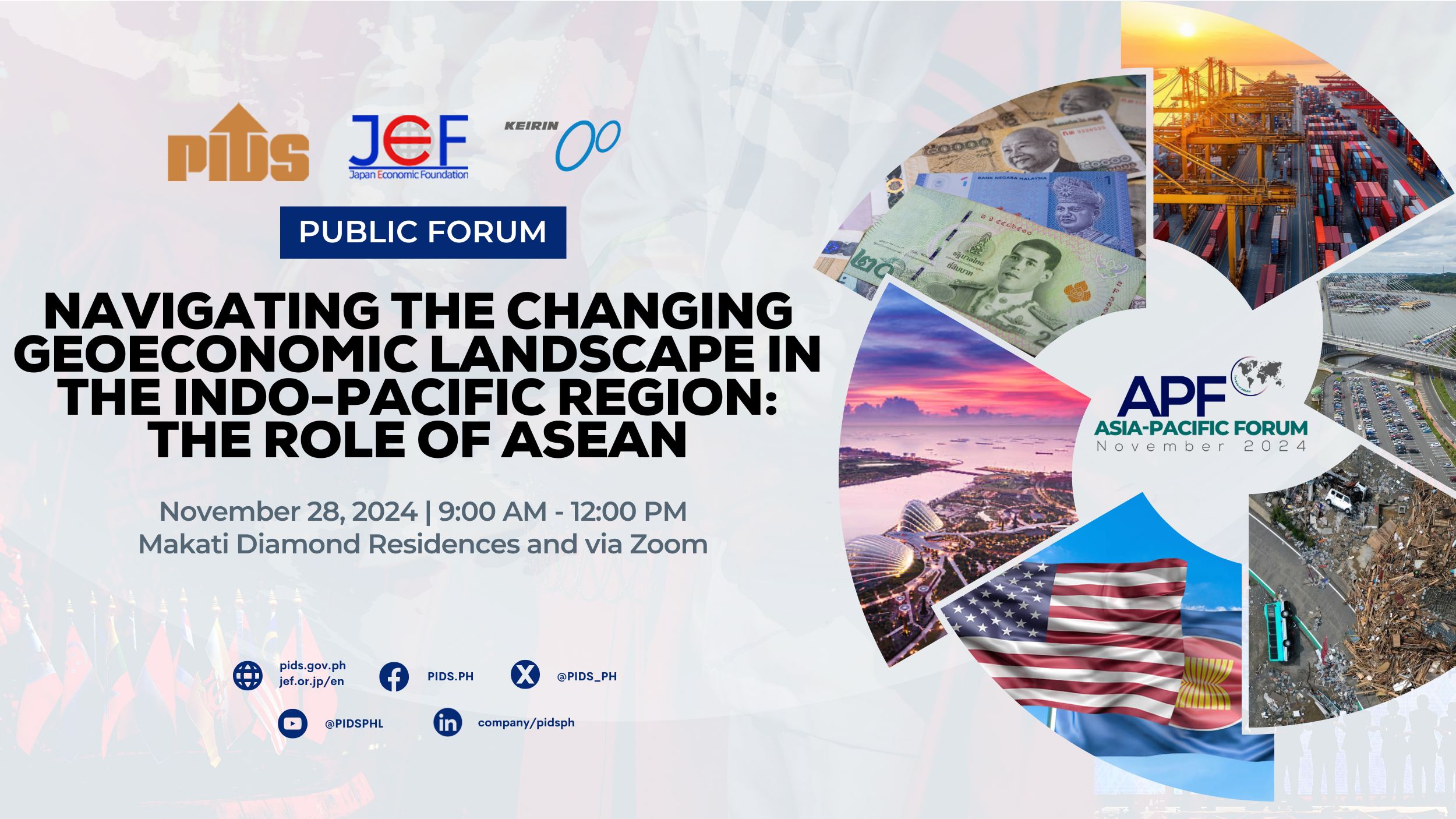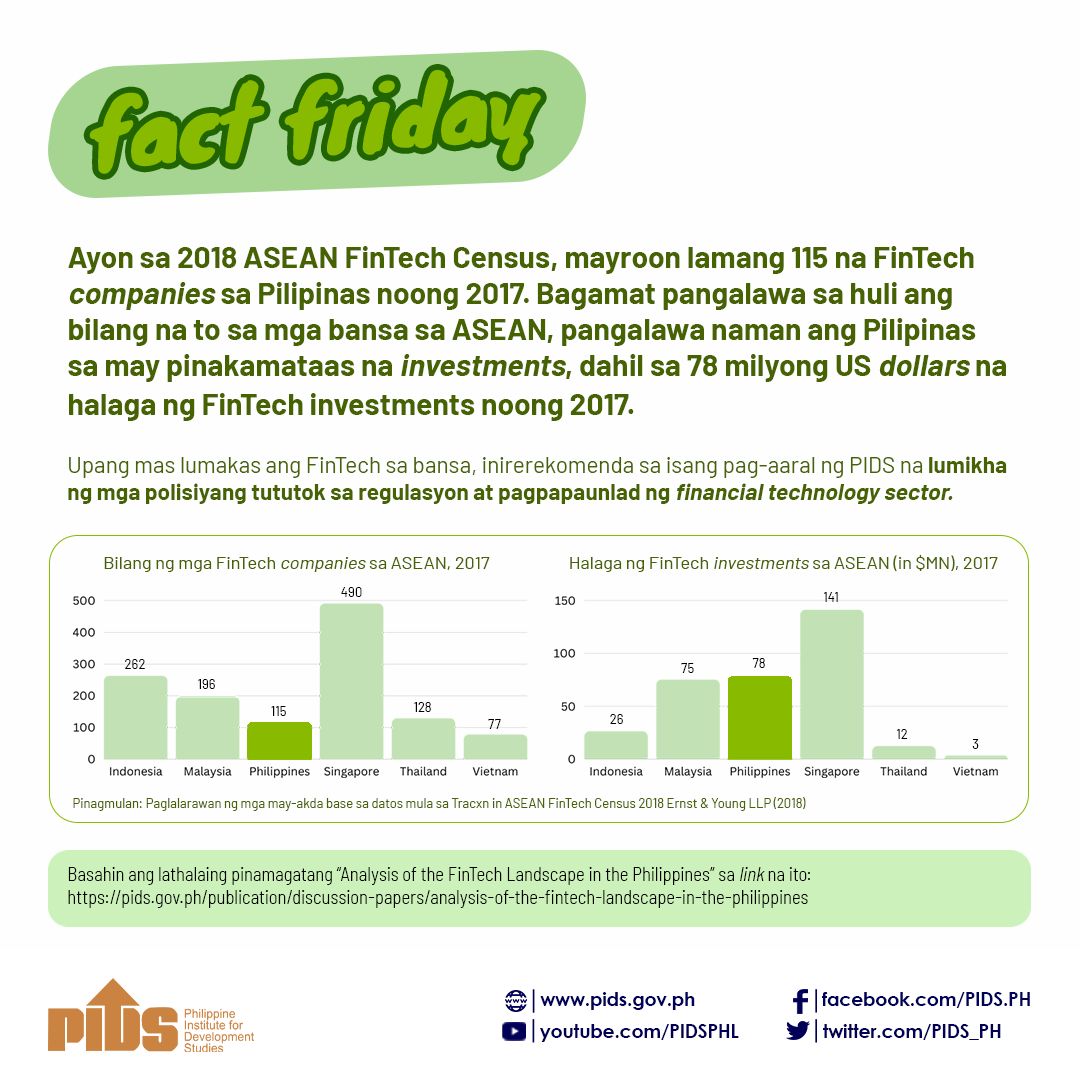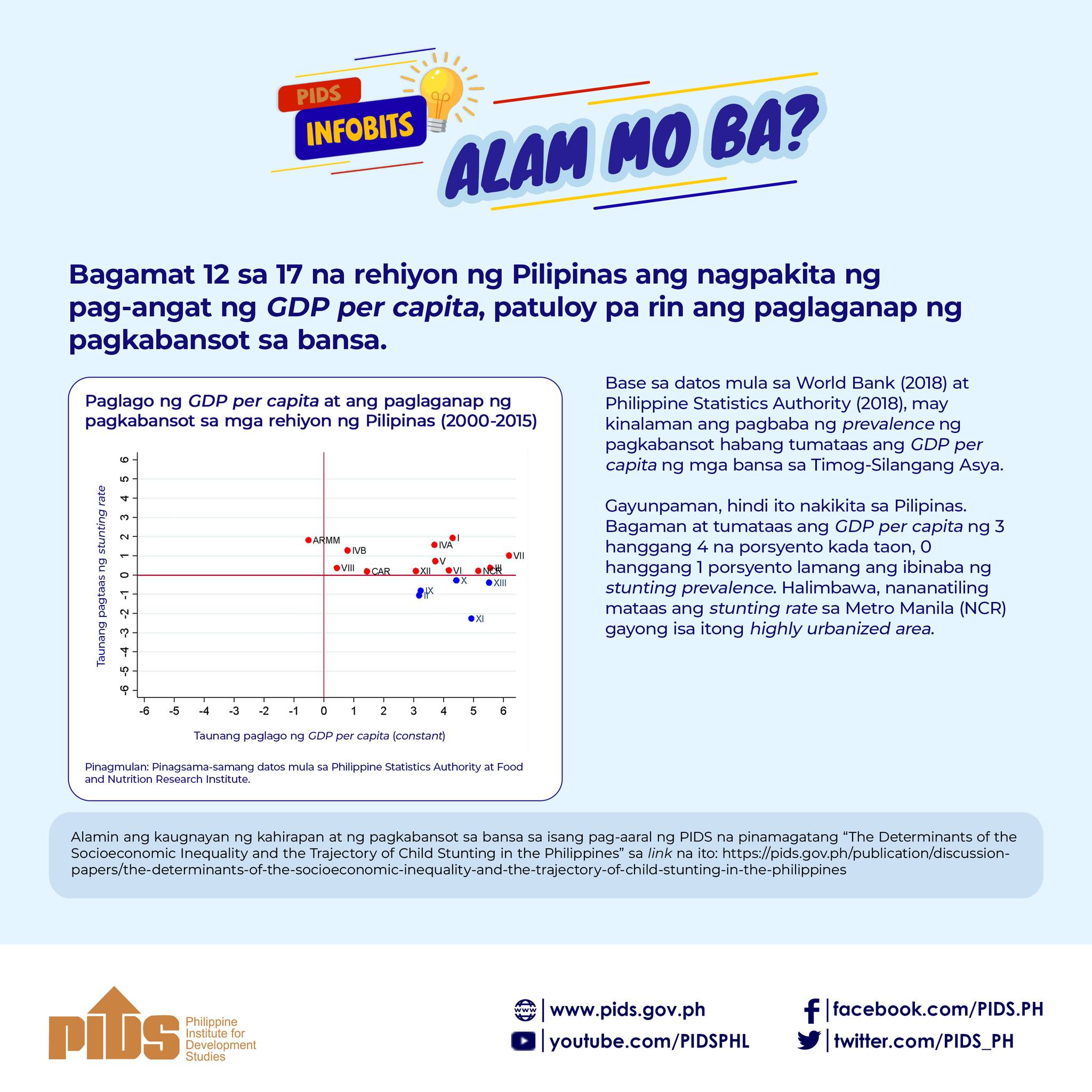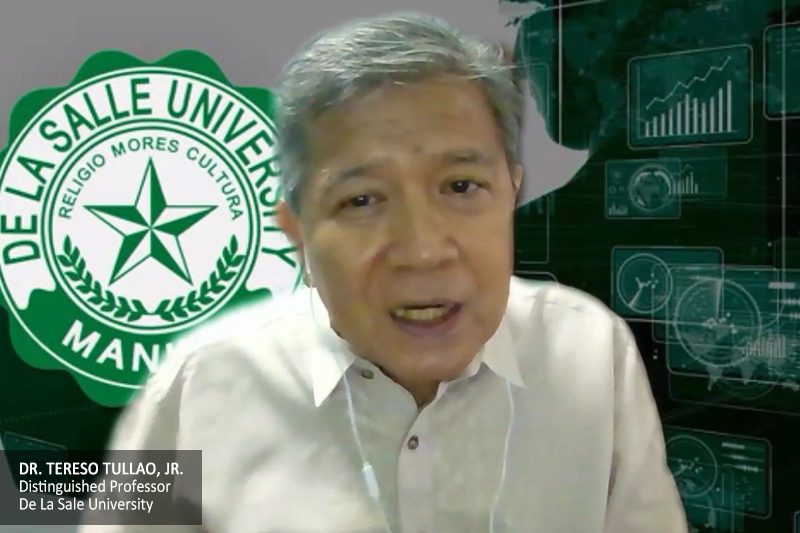
Despite the challenges in implementing mutual recognition arrangements (MRAs) with member-states of the Association of Southeast Asian Nations (ASEAN), the country should continue investing in them.
This was emphasized by Dr. Tereso Tullao, Jr., a distinguished professor at the De La Salle University, during a recent public webinar organized by state think tank Philippine Institute for Development Studies (PIDS) where he presented the findings of the PIDS study “Assessing the Readiness of Filipino MRA-supported Professions to Participate in the Mobility of Skilled Labor in the ASEAN Region: Lessons for APEC Economies”.
According to Tullao, MRAs, which have facilitated the free movement of skilled labor in the ASEAN region, serve as “an avenue for improving Filipinos' human capacity”.
“Even if other countries will not accept us because of their domestic regulations, we still have to improve our education. We have to create new knowledge, we have to form new capital, and we have to hasten our social capital,” Tullao explained.
The findings of the PIDS study, which he coauthored with PIDS consultants Dr. John Paolo Rivera and Dr. Cynthia Cudia, showed that these MRAs “have compelled professionals to continuously improve on their respective crafts”. Tullao explained that these agreements require sending countries to upgrade their educational systems, training, accreditation, certifications, licensing, and professional regulatory frameworks.
Moreover, he stressed the need for more investments in research and development to help professionals in the country adapt to the demands of the Fourth Industrial Revolution or FIRe, which has changed the way people work and live.
He noted that countries such as the United States, China, Germany, and Japan have taken advantage of FIRe to produce more research in engineering, computer science, chemistry, physics, biological science, social sciences, and environmental sciences.
“If we want to participate in FIRe, we should not only prepare our human capital, but we should also expand our knowledge capital in these key areas that are being used for interconnectedness under FIRe,” Tullao urged.
He also pointed out that while the study found Filipino professionals as “generally comparable with other ASEAN professionals to participate in the mobility of labor in the region”, the country should go beyond comparability.
To sustain Filipino professionals' readiness, Tullao said there has to be a continuous improvement in the education of faculty members, who are handling professional degree programs, through research and publication.
Watch the video of this seminar at https://www.facebook.com/PIDS.PH/videos/707583610156934. For more videos of PIDS events, go to https://www.pids.gov.ph/videos.
This was emphasized by Dr. Tereso Tullao, Jr., a distinguished professor at the De La Salle University, during a recent public webinar organized by state think tank Philippine Institute for Development Studies (PIDS) where he presented the findings of the PIDS study “Assessing the Readiness of Filipino MRA-supported Professions to Participate in the Mobility of Skilled Labor in the ASEAN Region: Lessons for APEC Economies”.
According to Tullao, MRAs, which have facilitated the free movement of skilled labor in the ASEAN region, serve as “an avenue for improving Filipinos' human capacity”.
“Even if other countries will not accept us because of their domestic regulations, we still have to improve our education. We have to create new knowledge, we have to form new capital, and we have to hasten our social capital,” Tullao explained.
The findings of the PIDS study, which he coauthored with PIDS consultants Dr. John Paolo Rivera and Dr. Cynthia Cudia, showed that these MRAs “have compelled professionals to continuously improve on their respective crafts”. Tullao explained that these agreements require sending countries to upgrade their educational systems, training, accreditation, certifications, licensing, and professional regulatory frameworks.
Moreover, he stressed the need for more investments in research and development to help professionals in the country adapt to the demands of the Fourth Industrial Revolution or FIRe, which has changed the way people work and live.
He noted that countries such as the United States, China, Germany, and Japan have taken advantage of FIRe to produce more research in engineering, computer science, chemistry, physics, biological science, social sciences, and environmental sciences.
“If we want to participate in FIRe, we should not only prepare our human capital, but we should also expand our knowledge capital in these key areas that are being used for interconnectedness under FIRe,” Tullao urged.
He also pointed out that while the study found Filipino professionals as “generally comparable with other ASEAN professionals to participate in the mobility of labor in the region”, the country should go beyond comparability.
To sustain Filipino professionals' readiness, Tullao said there has to be a continuous improvement in the education of faculty members, who are handling professional degree programs, through research and publication.
Watch the video of this seminar at https://www.facebook.com/PIDS.PH/videos/707583610156934. For more videos of PIDS events, go to https://www.pids.gov.ph/videos.

